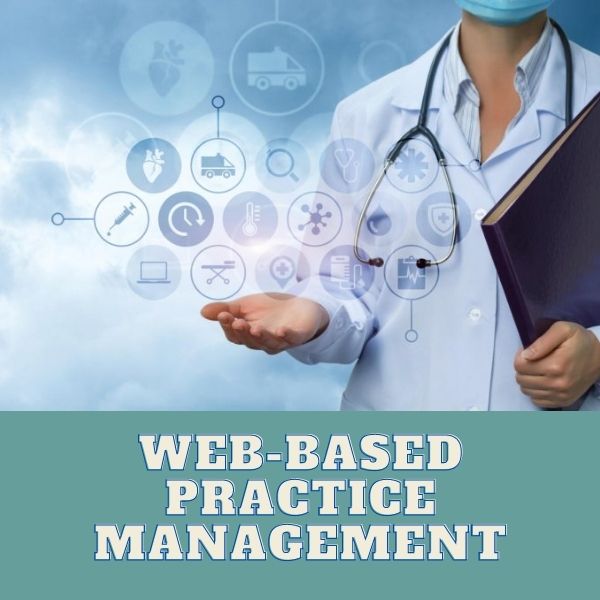In an independent medical practice, practice management software (PMS) is an essential component of a streamlined business process. For practice management systems, there are currently two options: cloud-based, also known as web-based practice management and server-based medical practice software. Cloud-based solutions have grown in popularity due to distinct advantages over server-based solutions. Server-based solutions, on the other hand, have their own set of advantages. Making a decision is simple if you know what you require. Because virtual cloud-based service systems enable offshore companies to provide services at competitive prices, practice management systems in healthcare are a growing market. The medical practice management software market is expected to reach $5698.2 million by 2025, according to a study. Medical billing software automates a healthcare organization’s entire revenue cycle. The software analyzes both electronic and physical billing data to determine how much the patient owes you and how much their insurance policy covers. In an all-inclusive data management system, electronic medical records (EMRs), electronic health records (EHRs), and practice management software are integrated to allow healthcare facilities to manage medical data on patients and facilitate other aspects of a medical facility’s operations.
What Is A Practice Management System In The Cloud?
Cloud-based practice management software performs the same functions as a client-based server, but all data is stored outside your office in the cloud and can be accessed remotely via an Internet browser or application interface.
Cloud Practice Management System Benefits
The benefits of this type of PMS are as follows by billrMD:-
Flexibility:- Web-based practice management software is accessible from any device with Internet access. You can provide care from anywhere by using a desktop computer, laptop, Macbook, tablet, iPad, or smartphone.
Saving money:- Cloud-based therapy practice management software and even cloud-based veterinary software can be less expensive than server-based solutions because you don’t have to invest in software and installation, and you don’t have to buy servers, cooling equipment, and electricity to power them. You’ll also save money on upgrades and maintenance. Because of the cost savings, this is an excellent choice for practice management software for a new clinic. Medical practices can save time and money by electronic medical claims submission, while also improving claim quality and tracking.
Simple to use and maintain:- With cloud-based solutions, all technical issues are the provider’s responsibility, and timely updates from them will make your software cost-effective, easy to use, bug-free, and feature-rich. Upgrades are carried out automatically, often overnight, resulting in little or no downtime for users. These upgrades are usually free of charge. Furthermore, most companies generally provide technical support 24 hours a day, seven days a week, which is ideal for small independent practices that cannot afford to hire a highly skilled IT specialist.
Interoperability and scalability:- Different clinics have different needs, so mental health or dental practice management software will have different features. Scalability of specialized practice management software is a significant benefit of cloud-based solutions. You can add features as your practice expands and pay only for what you use. Furthermore, cloud-based solutions make it relatively simple to add new users, doctors, or locations. Furthermore, cloud-based PMS can be integrated with other cloud-based healthcare and business solutions, putting your practice in a better position to be a part of a cutting-edge digital ecosystem that allows for interoperability and integration. The main advantages of practice fusion software are that it streamlines administrative tasks, simplifies billing, connects to pharmacies, local labs, and imaging centers, saves time with smart charting, and automates insurance eligibility checks.
Remote care:- Technically, certain solutions cannot be server-based. Telemedicine, for example, necessitates connections between various clinics and specialists, and medical data must be synchronized across all facilities.
No need for specialized infrastructure or personnel:- Cloud solutions do not necessitate extensive training or additional infrastructure for a medical practice.
Backup and security of data:- Through data centers, cloud systems achieve HIPAA compliance as well as compliance with other regulations (for example, the HITECH Act and the HITRUST Common Security Framework). These facilities offer bank-level security and high-level encryption methods, ensuring that your data is unreadable even if a security breach occurs. If you store information in the cloud, your practice will be more secure in the event of a disaster, which is especially useful for practices in hurricane-prone areas.
To get more information about web-based practice management, contact billrMD now!

